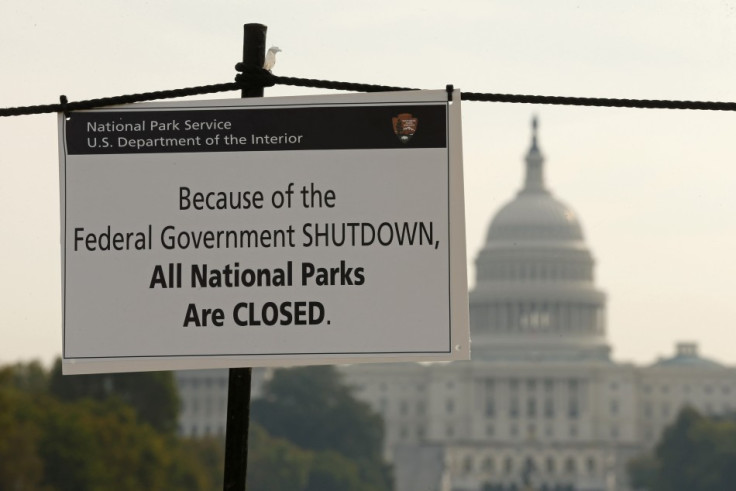US Shutdown: Obama Cancels Visit to Indonesia and Brunei

US President Barack Obama is cancelling his Asia trip, which was due to include two key meetings in Indonesia and Brunei, due to the ongoing government shutdown.
Obama was to attend the Asia-Pacific Economic Co-operation (Apec) summit in Indonesia and the East Asia Summit in Brunei.
"Due to the government shutdown, President Obama's travel to Indonesia and Brunei has been cancelled," the White House said in a statement.
"The president made this decision based on the difficulty in moving forward with foreign travel in the face of a shutdown, and his determination to continue pressing his case that Republicans should immediately allow a vote to reopen the government."
The White House has informed Indonesian President Susilo Bambang Yudhoyono and the Sultan of Brunei about Obama's absence from the summits. It added that Secretary of State John Kerry will replace him at the talks.
The development comes after Obama cancelled his trip to Malaysia and the Philippines because of the shutdown.
"This completely avoidable shutdown is setting back our ability to create jobs through promotion of US exports and advance US leadership and interests in the largest emerging region in the world," the White House added.
'Mission-Critical'
The US government partially shut down on 1 October after a midnight deadline to approve a budget for 2014 passed. Close to 800,000 government employees, including 400,000 in the defence department, were forced to take unpaid leave.
The Republicans, who have a majority in the House of Representatives, were firm on their view that the House should delay Obama's healthcare reforms in order to pass the budget and raise the debt ceiling.
The world's largest economy will run out of cash to pay its bills on 17 October if the debt ceiling is not raised. The country's laws limit its borrowing to $16.7tn (£10.3tn, €12.3tn).
Despite the seriousness of the issue, which IMF head Christine Lagarde said is a far worse threat to the global economy, neither the Democrats nor the Republican party has yet come up with a solution to break the deadlock.
"The government shutdown is bad enough, but failure to raise the debt ceiling would be far worse, and could very seriously damage not only the US economy, but the entire global economy," Lagarde said in a speech.
"So it is mission-critical that this be resolved as soon as possible."
Economic Fears
The US treasury earlier warned that the Senate's inability to raise the debt ceiling would result in a new recession, worse than the one from which the country is currently recovering.
According to economists at IHS, the shutdown will cost the economy $300m per day, adding that a week-long shutdown would reduce fourth quarter growth by 0.2 percentage points to 2%.
Due to the shutdown, sell-offs in the country's stock markets have intensified, dragging down indices. The Dow Jones Industrial Average closed at 14,996.48, down 0.90%, while the Nasdaq was down 1.07% at 3,774.34. The S&P 500 index fell 0.90% to 1,678.66.
The US dollar has plummeted to eight-month lows since the shutdown began on 1 October.
The euro clocked a fresh eight-month high against the dollar, while the British pound stayed just below this week's nine-month highs against the dollar.
"The buck continued to nurse broad losses as sentiment remained decidedly negative on the view that the shutdown could weigh on growth and keep a reduction in Federal Reserve stimulus at bay," FXwire Pro writes.
"Until the heightened level of American uncertainty starts to meaningfully dissipate, the greenback is seen at a growing risk of depreciating."
© Copyright IBTimes 2025. All rights reserved.






















